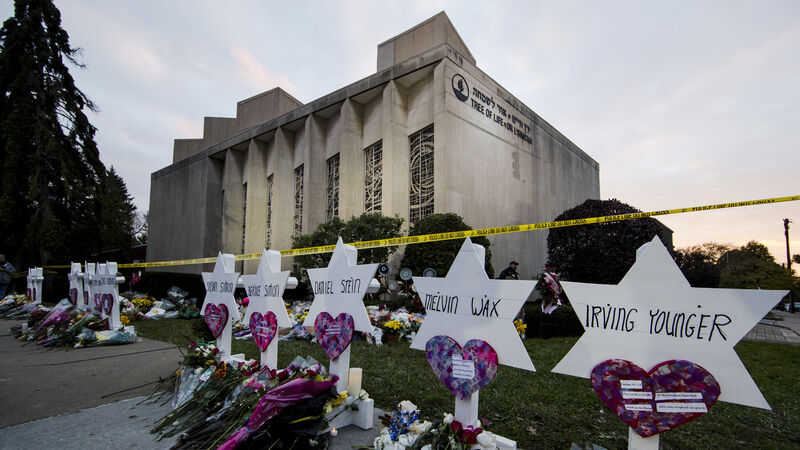Gunman who killed 11 people in a Pittsburgh synagogue faces death penalty

The gunman who killed 11 people at a Pittsburgh synagogue in 2018 is eligible for the death penalty, a federal jury has announced.
It sets the stage for further evidence and testimony on whether he should be sentenced to death or life in prison.











